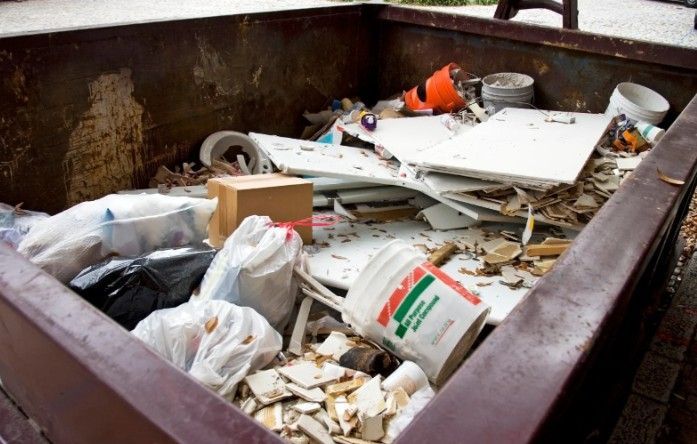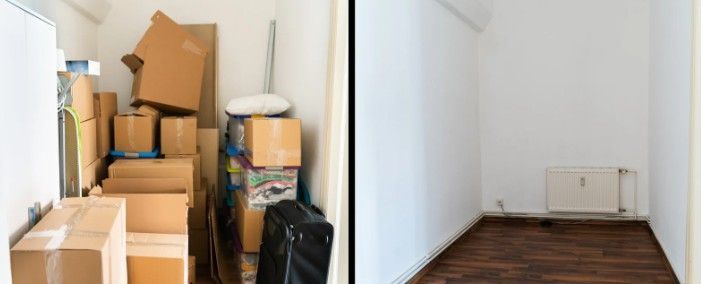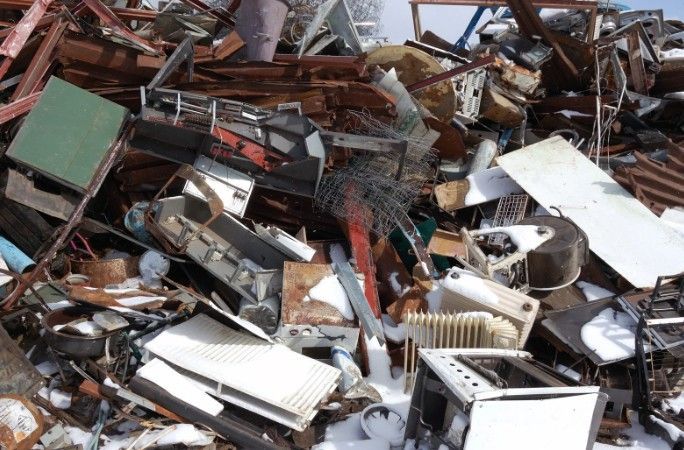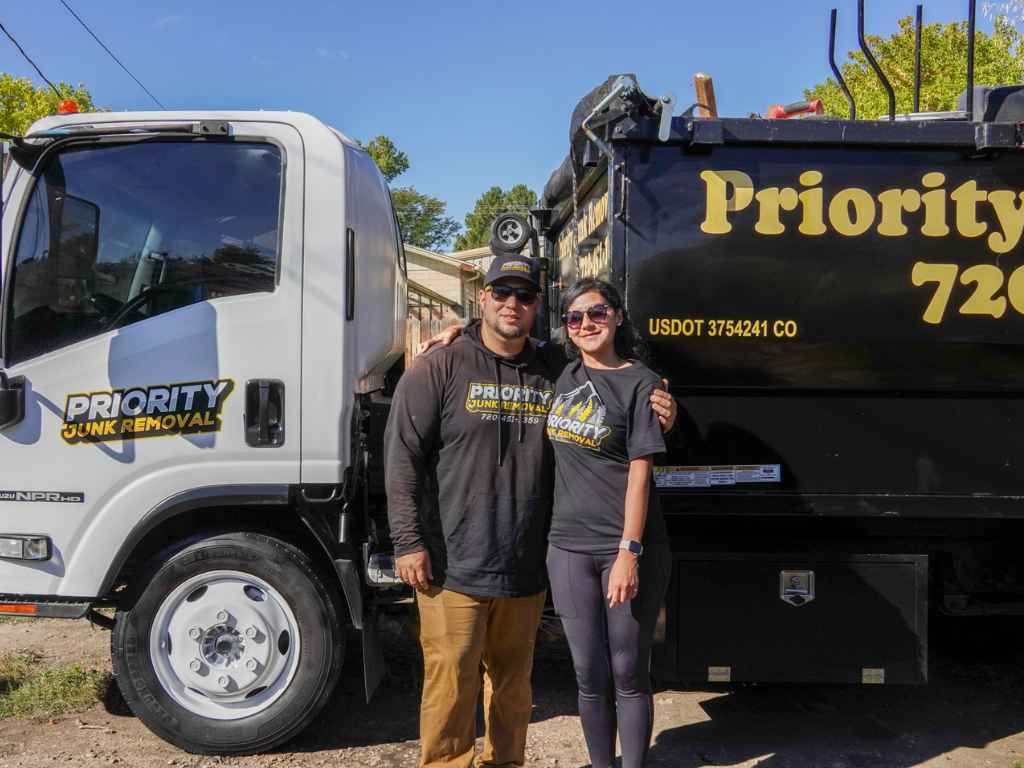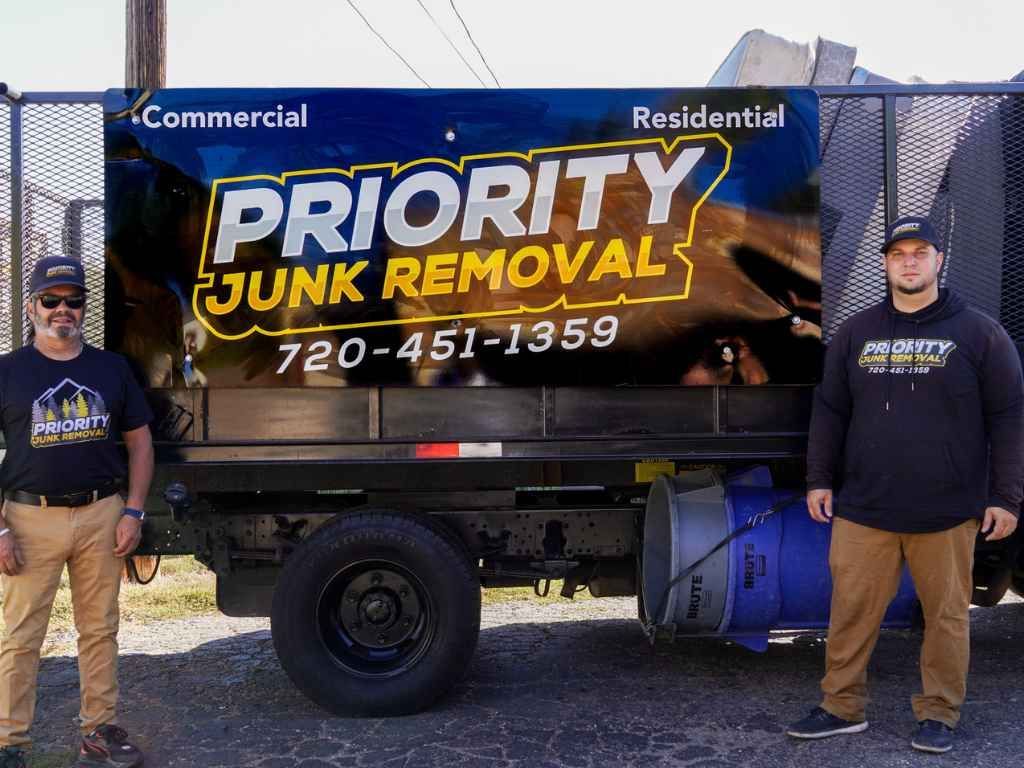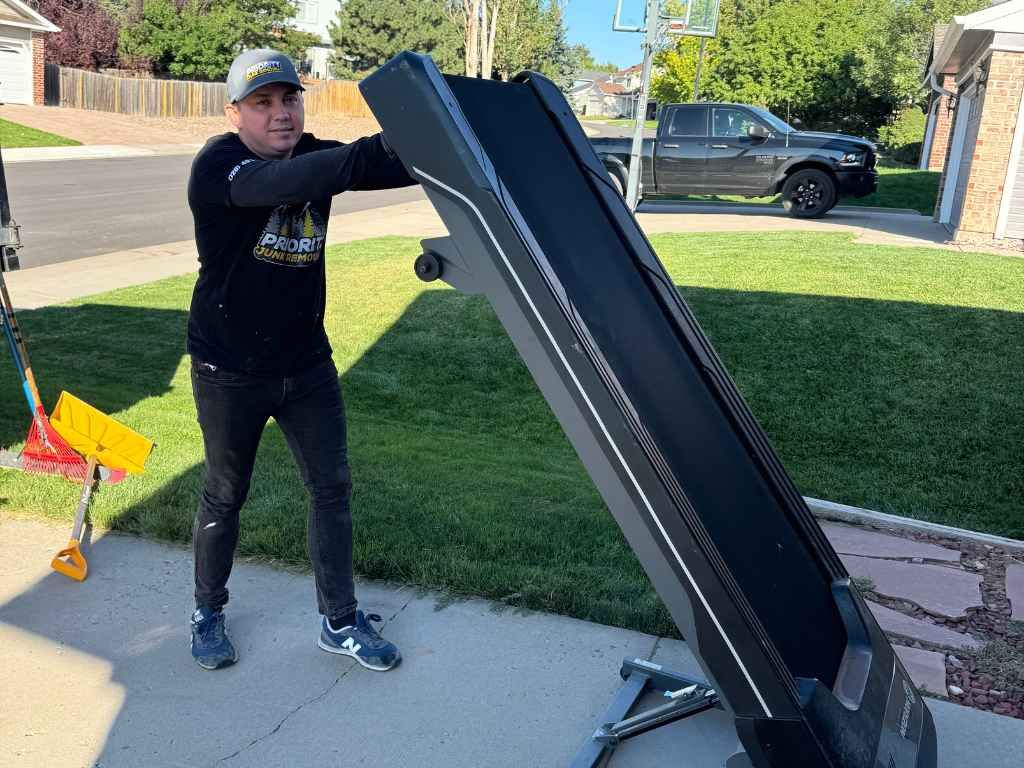The Psychology of Clutter: Why Letting Go Is So Hard
It begins subtly—a drawer that won’t close, a chair eclipsed by last season’s laundry. Before long, the clutter hums a quiet, insistent tune, whispering of undone tasks and identities long expired. What might seem like harmless piles of stuff slowly begins to suffocate the space and the spirit. These objects, often relics of past selves, hold a grip deeper than their material worth.
The emotional burden of clutter is complex. Each item has a narrative, and to release it often feels like dismissing that chapter entirely. We hesitate, not out of laziness, but out of reverence. However, when space becomes a shrine for everything we were, it leaves little room for who we’re becoming. The act of letting go isn’t a loss—it’s the start of breathing freely again in our own homes.
Why We Cling to Things That No Longer Serve Us
Our homes often serve as emotional storage spaces for fears and unresolved aspects of our past. The old lamp in the garage, the clothes that no longer fit, the hobby supplies we no longer use—these objects hold onto parts of ourselves we haven’t been ready to let go of. Each item represents a version of who we once were, and parting with them feels like letting go of that part of our identity. It’s not just about the item itself, but the memories, aspirations, and comfort that it provided at some point in time.
The thought of losing these physical reminders can feel like a betrayal to our past selves. But there’s also an underlying fear—what if I need this someday? This fear is the root of our attachment to things we no longer need, as we prioritize imaginary future scenarios over the clarity and freedom that come from living in the present. Letting go of these objects isn’t just about decluttering—it’s about confronting who we’ve become and embracing the evolution of our identity. Releasing what no longer serves us allows us to make room for new experiences and a clearer future.
The Silent Stress of a Cluttered Home
Clutter isn’t just a visual annoyance—it’s a constant undercurrent of stress that can silently chip away at your well-being. When you walk into a room filled with disorganization, the stress doesn’t always announce itself. But you start to notice a slight tension building in your body. Your breathing might quicken, and your mind might wander, trying to make sense of the chaos around you. That’s the subtle language of clutter. It builds over time, influencing your emotional and physical state without you realizing it.
Studies have shown that clutter triggers an increase in cortisol, the hormone associated with stress, because our brains crave order. When surrounded by disarray, your brain struggles to process all the visual stimuli, leading to cognitive overload. The more cluttered your environment, the more you may find yourself forgetting things, feeling distracted, and even getting irritable. A cluttered home can feel like a battlefield rather than a place of comfort, and the stress becomes chronic. Creating a cleaner, more organized space isn’t just about impressing others—it’s about restoring peace of mind, and allowing your environment to be a source of calm, rather than a breeding ground for stress.
The Myth of One Day I Might Need It
The "just in case" mentality can keep us tethered to items that no longer serve us. We all have that drawer or closet where things pile up, with the thought that someday, we might need that extra charger, that mismatched sock, or the broken toaster. But let’s be honest—"one day" rarely comes. We hold onto these things, fearing that if we let them go, we’ll be caught unprepared. This mindset comes from a place of scarcity and fear, not from practicality. In reality, most of the items we hoard are replaceable, and we’re often clinging to them out of anxiety rather than necessity.
What we’re truly afraid of isn’t missing an item—it’s facing the uncertainty of the future and our ability to adapt. By holding onto things we don't need, we’re sacrificing the simplicity and clarity of the present moment. The act of decluttering is not just about making room in our homes; it’s about choosing to live intentionally, focusing on what truly matters now rather than carrying the burden of a future that may never come. It’s about trusting ourselves to adapt and let go of the illusion that "just in case" will ever be the saving grace we imagine it to be.
The Identity We Build Around Our Belongings

Our possessions are more than just objects; they are extensions of our identity. That old guitar in the corner might symbolize dreams of becoming a musician, while the workout gear in the closet could represent past aspirations for fitness. These items are often tied to who we thought we were or who we hoped to become. But as time passes, our identities shift, and so too do our needs and desires. Decluttering challenges the very narrative we’ve built around our belongings. Letting go of something isn’t just about physical space—it’s about confronting the stories we tell ourselves about who we are.
It’s the act of releasing outdated versions of ourselves, even when they hold sentimental value. Perhaps you’re no longer the high school athlete, or maybe you’ve outgrown a hobby that once brought you joy. This process can be painful, but it’s also a powerful step in personal growth. By editing what we own, we refine who we are today, shedding what no longer serves us. The act of decluttering allows us to let go of old identities, making space for new, more authentic versions of ourselves.
Letting Go as an Act of Self-Compassion
Decluttering is often framed as an exercise in ruthlessness—discard everything without hesitation. But this approach overlooks the deeper emotional aspect of letting go. Real decluttering isn’t about being cold or detached; it’s about practicing self-compassion. Every item has served a purpose at one time, and the decision to part with it should be approached with kindness. When you look at an item you no longer need, instead of feeling guilty or indifferent, you can say, "Thank you for your service, but I no longer need you." This act of gratitude is not only respectful of the past, but also compassionate toward yourself. You’re not abandoning your past, you’re simply releasing it from the hold it has on you.
By letting go of things that no longer align with who you are now, you make room for clarity, peace, and joy. Self-compassion allows you to release these items with grace, understanding that you deserve to live in a space that reflects your present self, not your past. It’s an act of honoring the journey you’ve been on while making room for the next chapter. Decluttering with compassion fosters a deeper sense of connection to your own growth, allowing you to move forward without the weight of unnecessary baggage.
The Overwhelm That Delays Decision-Making
Decluttering isn’t just about physical effort—it’s also about mental energy. Each item asks you to make a decision: keep, donate, or toss? The sheer number of decisions can quickly become overwhelming. This constant barrage of choices can lead to decision fatigue, where your ability to think clearly and make choices diminishes. The weight of a thousand small decisions can paralyze you, leading to procrastination or even avoidance. The emotional burden of clutter builds up, making it hard to focus on the bigger picture.
That’s when professional junk removal can make all the difference. It’s not about forcing you to make decisions, but about alleviating the mental burden. When you bring in a team to help, they take care of the heavy lifting—both literally and figuratively. You no longer have to tackle the task alone, and the burden of choice becomes more manageable. As a result, you’re able to breathe easier and regain the momentum that clutter had stolen from you.
How Clutter Disrupts Relationships at Home
Clutter is more than just an eyesore—it can disrupt the harmony of relationships. In a home filled with clutter, tensions can rise, even if the mess itself isn’t directly addressed. What’s a harmless pile of clothes to one person may feel like an attack on the other’s sense of order or responsibility. Couples might argue about what should stay or go, while parents might feel frustrated by their children’s disregard for tidiness. The clutter becomes a battleground over power, control, and expectations. It’s easy for resentment to build up as individuals feel neglected or judged.
The stress from clutter doesn’t just affect the person managing the mess—it spreads throughout the household, creating an emotionally charged atmosphere. However, when you take steps to declutter, the emotional tension begins to ease. By working together to clear the space, families can reconnect, communicate, and rebuild a sense of shared responsibility. Decluttering is more than just organizing—it’s a reset for the emotional health of your home. When your environment becomes calmer and more organized, it fosters better communication, mutual respect, and deeper connections.
Conclusion
Clutter carries more than just physical weight; it also holds onto memories, emotions, and the resistance to change. We often accumulate items that reflect past versions of ourselves, and letting them go feels like letting go of pieces of our identity. However, releasing clutter isn’t about abandoning our past; it’s an empowering act of reclamation. By clearing the space around us, we make room for growth, clarity, and fresh possibilities.
If you’re ready to move forward into a lighter, more intentional chapter of your life, consider partnering with the team at Priority Junk Removal. Located in Littleton, they specialize in helping people like you reclaim their homes and their peace of mind. Call 720-451-1359 or email priorityjunkremoval@gmail.com to get started.

